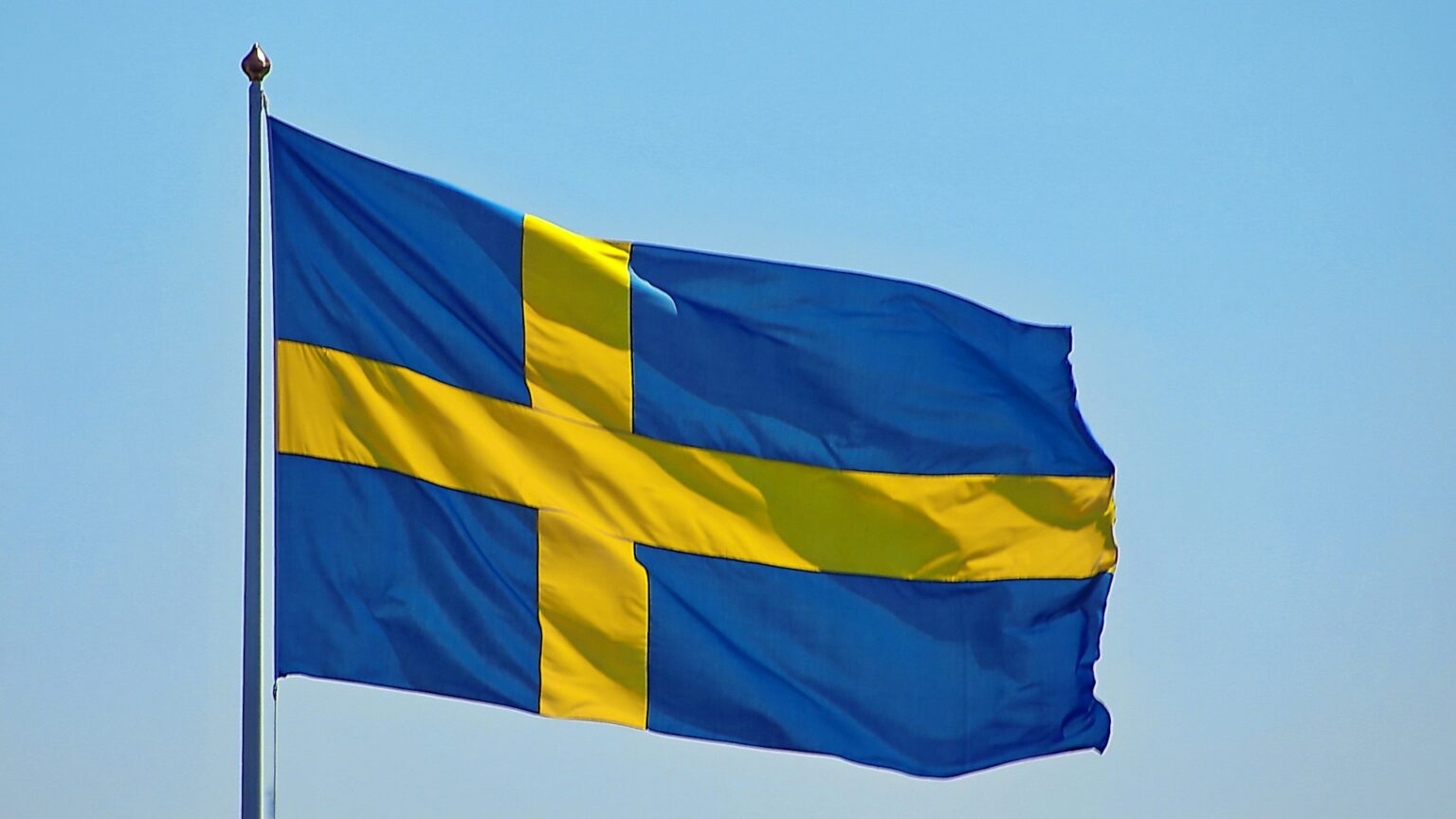In today’s rapidly evolving financial landscape, cryptocurrencies are capturing the attention of global financial leaders and lawmakers. As nations explore integrating digital currencies into their economic frameworks, Sweden is among the latest to consider such a strategic move. The country’s lawmakers are contemplating the inclusion of Bitcoin in their national reserves, signifying a pivotal moment in how governments perceive and potentially leverage digital assets to safeguard and strengthen their economies. This exploration delves into the evolving trend of Bitcoin reserves and its potential implications for Sweden and beyond.
Swedish Parliamentarians Advocate for Bitcoin Reserves
Sweden’s Emerging Bitcoin Strategy
Recently, Dennis Dioukarev, a prominent member of the Swedish Parliament and its Finance Committee, made a compelling proposition to Sweden’s finance minister, Elisabeth Svantesson. Dioukarev’s initiative highlights a growing interest in embracing cryptocurrencies at a national level. His letter, shared on the social media platform X, outlines a proposal for Sweden to consider adding Bitcoin to its national reserve. Citing global trends, he emphasized that several countries, including the United States, are opting to either retain or increase their previously seized digital assets, specifically Bitcoin, as part of a strategic reserve.
The United States’ Blueprint
The United States is already making strides towards a digital asset strategy, as evidenced by a recent executive order signed by President Donald Trump. This order mandates the creation of a Strategic Bitcoin Reserve (SBR) and a “Digital Asset Stockpile,” managed by the US Department of the Treasury. This initiative is predominantly funded through Bitcoin and other digital assets seized through criminal and civil forfeiture proceedings. Sweden could potentially adopt a similar approach, utilizing seized assets rather than taxpayers’ money to bolster its economic resilience with Bitcoin.
Global Interest in Bitcoin Reserves
The call for a Bitcoin reserve isn’t limited to Sweden. Other Swedish lawmakers, like Rickard Nordin, have mirrored Dioukarev’s recommendations, urging the inclusion of Bitcoin in the country’s currency reserves. Nordin’s advocacy emphasizes Bitcoin’s role as a store of value and an inflation hedge, alongside its utility in providing financial autonomy under oppressive regimes.
Globally, nations like Brazil are also moving towards the establishment of national Bitcoin reserves. Brazilian federal deputy Eros Biondini has proposed legislation aimed at diversifying Brazil’s National Treasury assets with Bitcoin, reinforcing the country’s economic sovereignty. This international shift underscores a growing recognition of Bitcoin’s potential to fortify economic structures.
Impact on Sweden’s Financial Strategy
Sweden has traditionally maintained a conservative approach to its foreign exchange reserves, which primarily comprise foreign currencies and gold. However, the potential integration of Bitcoin represents a shift towards new financial paradigms aimed at economic diversification and protection against inflationary pressures. It remains to be seen if Sweden will embrace this digital asset strategy, but the ongoing discourse signals an openness to innovation in national finance strategies.
The Future of Bitcoin in National Reserves
As Sweden deliberates its Bitcoin reserve strategy, the global trend toward digital currency integration in national reserves is gaining momentum. Nations are increasingly viewing cryptocurrencies as viable tools for economic diversification and safeguarding against financial uncertainty. This global movement is paving the way for governments to capitalize on the transformative potential of digital assets.
FAQs
What prompted Swedish lawmakers to consider a Bitcoin reserve?
Swedish lawmakers are considering a Bitcoin reserve as part of a global trend where countries explore the inclusion of digital currencies in national reserves to diversify assets, hedge against inflation, and capitalize on potential economic advantages offered by cryptocurrencies.
How might Sweden fund its Bitcoin reserves without taxpayer money?
Inspired by the US approach, Sweden could potentially use Bitcoins seized from criminal and civil forfeiture proceedings. This strategy would allow the country to build its reserves without burdening taxpayers financially, leveraging existing digital assets to bolster national financial resilience.
What are the potential benefits of including Bitcoin in national reserves?
Including Bitcoin in national reserves can provide economic diversification, offer a hedge against inflation, and enhance financial sovereignty. Bitcoin’s decentralized nature and potential for growth make it an attractive option for countries seeking to innovate and safeguard their economic futures.
Is the trend of establishing national Bitcoin reserves likely to continue?
Yes, the trend is likely to continue as more countries recognize the strategic benefits of integrating digital assets into national financial strategies. As Bitcoin and other cryptocurrencies gain global acceptance, nations may increasingly view them as integral components of future economic planning.

